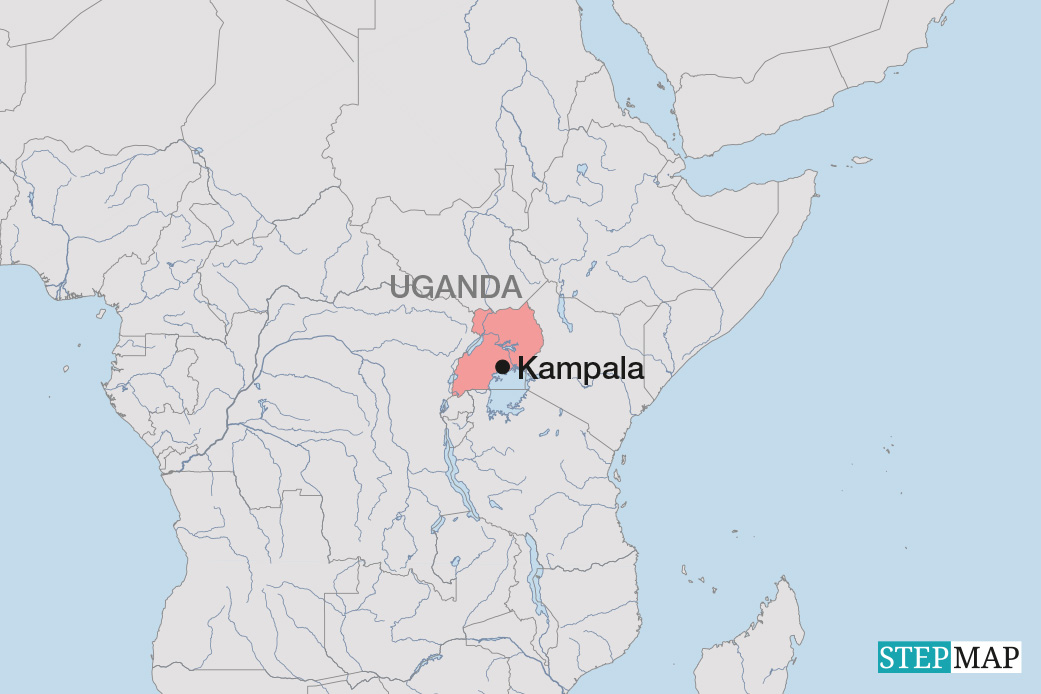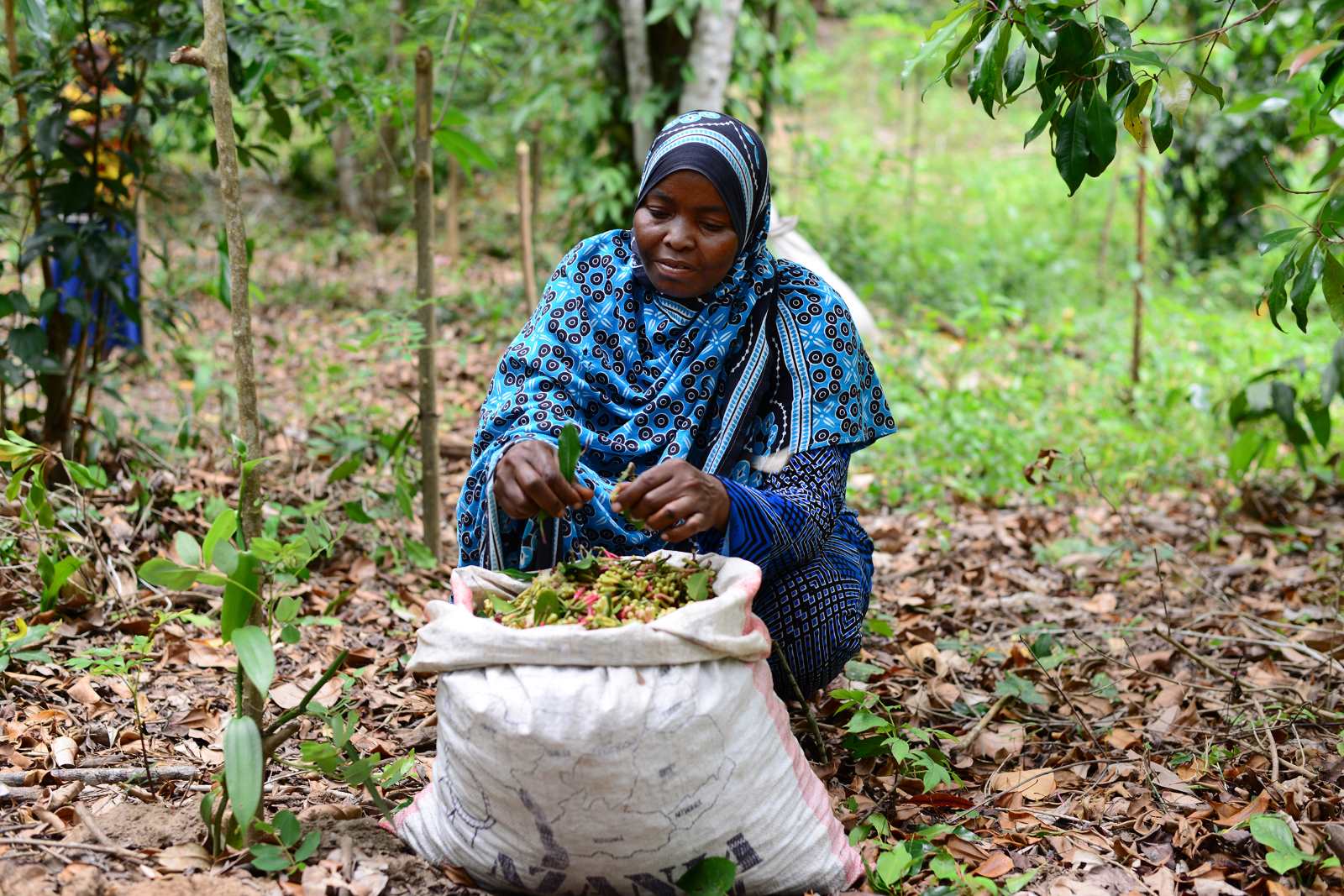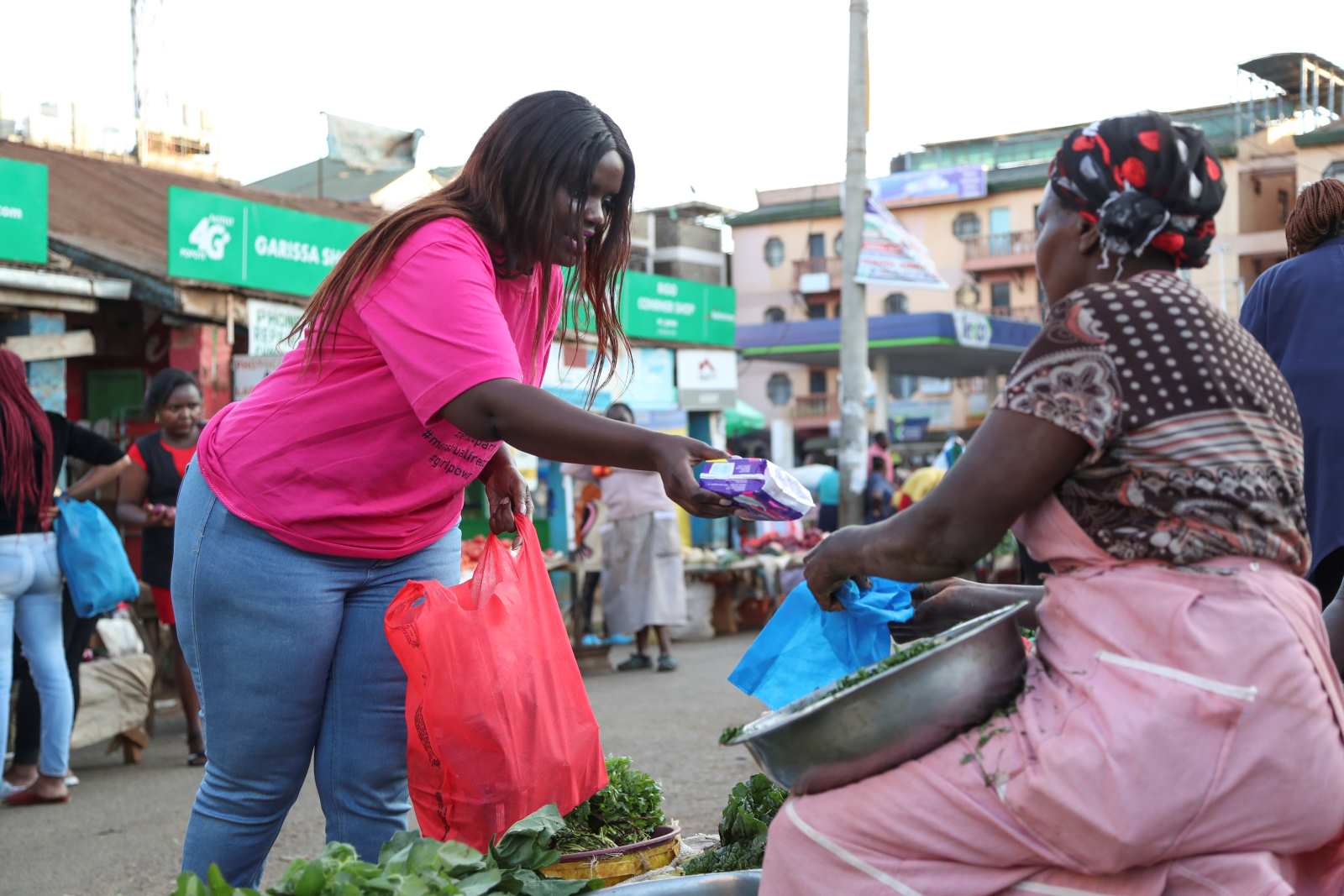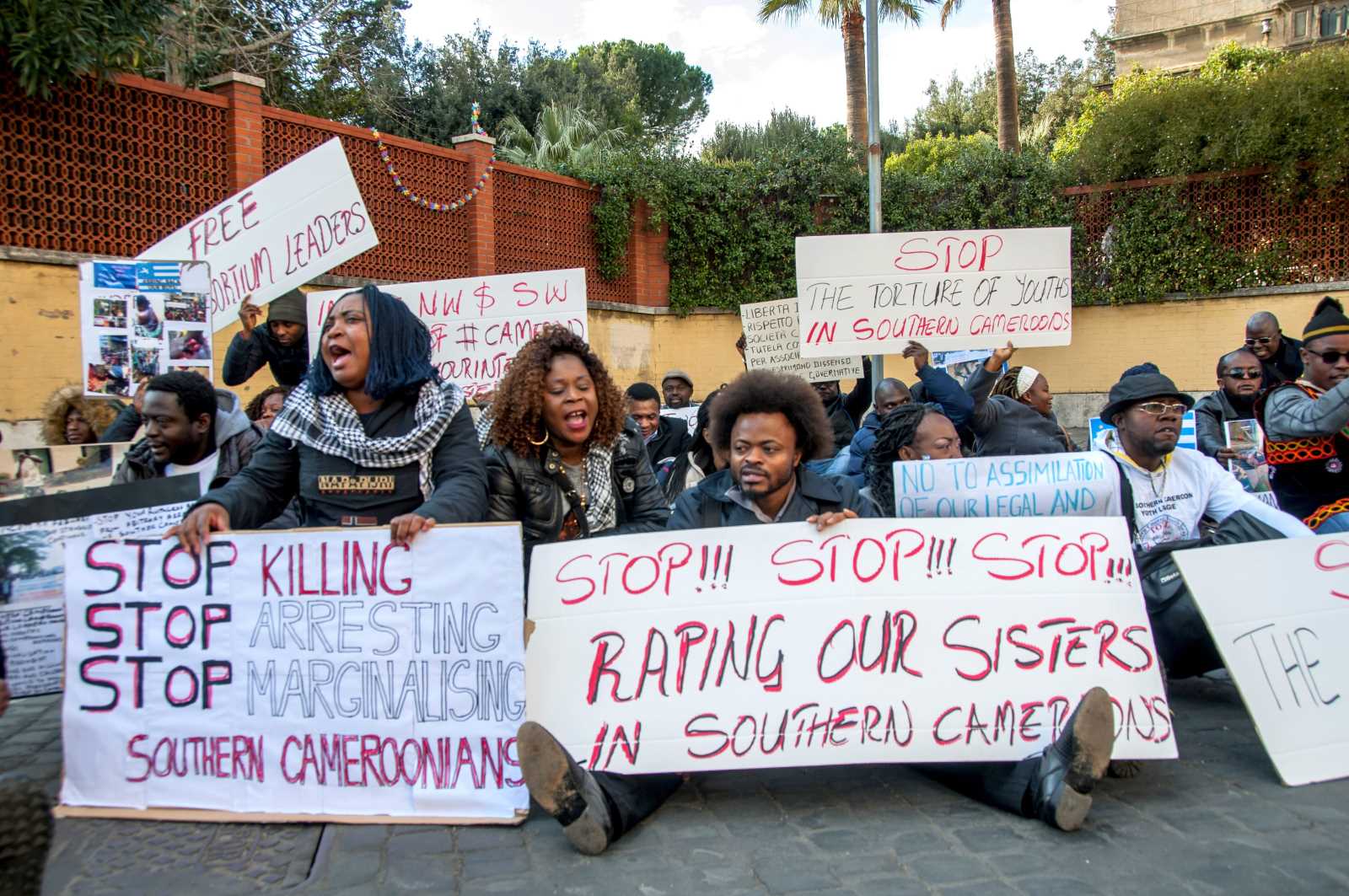Workplace sexual harassment
“If you refuse, he threatens to cut your pay”

Aisha Shabani sells vegetables at the busy Mchikichini market in Dar es Salaam. The 31-year-old market vendor has learned to navigate Tanzania’s highly competitive informal economy. “You have to use all tactics to win customers,” she says.
But for Shabani and many other women, competition is not the only hurdle. “Men keep touching my breasts or trying to hug me,” she says. “If I didn’t have to earn a living, I would rather give up.”
Her story reflects the reality of many women in Tanzania. According to the World Bank, 40 % of all women between the ages of 15 and 49 have experienced physical violence, and 17 % have suffered sexual violence.
The workplace is one of the spaces where women regularly face GBV. For women like Yustina, a 25-year-old worker in a napkin factory who does not want to reveal her real name, the harassment comes from higher up in the hierarchy. “He acts as if he owns us,” she describes her supervisor, who has repeatedly made sexual overtures. “If you refuse, he threatens to cut your pay or make you work longer hours."
The challenges in Tanzania mirror a global struggle. According to the International Labor Organization (ILO), nearly one in three women worldwide is affected by violence or harassment in the workplace in her lifetime. Policies such as ILO Convention 190 – a treaty that recognises the right to a violence-free workplace – offer hope, but implementation remains uneven.
In Tanzania, efforts to combat GBV are hampered by deeply rooted cultural norms and weak policy enforcement. There is little access to legal services, especially in rural areas.
For years, most women in formal or informal workplaces have endured harassment in silence because they often lacked the means to fight back. Equality for Growth (EfG), a local women’s rights organisation, recognised this and took action.
“When we started researching, we realised that many women don’t know their rights or how to report abuse,” says Jane Magigita, the founder of EfG. The group launched programmes such as paralegal training, organised women’s associations and ran awareness campaigns to tackle the problem.
Unique challenges of the informal sector
While efforts to combat harassment in the workplace are gaining momentum, the informal sector poses a particular challenge. Due to the lack of formal structures, it is still difficult to implement measures. However, innovative models are emerging.
In 2023, EfG introduced a legal and economic empowerment manual tailored to women in the informal sector. The handbook addresses legal rights, licensing and economic principles and provides especially market traders with the knowledge to advocate for themselves.
EfG also set up mobile legal advice clinics in markets, offering free weekly consultations. According to the organisation, these clinics have counselled more than 7,000 women, resolved legal issues and provided a sense of empowerment.
Agatha Mmasi, another food vendor at the Mchikichini market, describes how the EfG training has changed interactions. “Men used to refuse to pay for food and drinks, but now we threaten to report them. That has changed their behaviour.”
Under the slogan “Mpe riziki, si matusi” (“Give us chances, not insults”), EfG has run campaigns that have visibly changed norms. Market committees now impose fines for verbal abuse, creating a safer environment for women traders.
Said Wamba, acting Secretary General of the Trade Union Congress of Tanzania (TUCTA), calls for more initiatives such as EfG and enhanced policy measures to ensure the protection of women and vulnerable workers. “GBV in the workplace is a hidden crisis. Many women suffer in silence because they fear stigmatisation or losing their jobs if they talk about it,” he says. “We need to break this cycle by creating safe reporting channels and holding perpetrators accountable.”
Wamba stresses the need for employers to implement gender-sensitive policies and training programmes. “Women should be able to work with dignity. Employers should take their responsibilities seriously and create an environment that is free from harassment and intimidation,” he demands.
He acknowledges the steps taken recently, including advocacy campaigns and the implementation of the Employment and Labour Relations Act. It came into force in 2006 and has been amended several times to guarantee basic workers’ rights, establish basic employment standards and regulate the prevention and settlement of disputes. “There are initiatives to raise awareness and ensure that labour inspectors handle cases of abuse in the workplace,” he says. “But enforcing existing regulations remains a challenge. We need to deliver swift justice to victims and toughen penalties for perpetrators.”
The climate crisis increases vulnerability
TUCTA is currently examining how informal workers can be unionised and how collective platforms for advocacy can be created. “In Tanzania, climate pressures are increasingly destabilising incomes. This means that many women have no choice but to continue working informally, probably even longer or more days per week. They need a safety net – not only to survive, but also to maintain their dignity,” says Wamba.
Organisations such as the Tanzanian Women Lawyers Association (TAWLA) and the Association of Tanzanian Employers (ATE) are also pushing for change. Suzanne Ndomba-Doran, ATE executive director and member of the TAWLA, emphasises the need for solid reporting mechanisms and legal protection. “We encourage women to come forward, but we are also aware of the risks they face in doing so,” she says.
According to her, ATE has launched campaigns to educate employers about GBV and their legal obligations. “Change starts with awareness, but action must follow,” she says.
Kizito Makoye is an environmental journalist from Tanzania.
kizmakoye@gmail.com

















